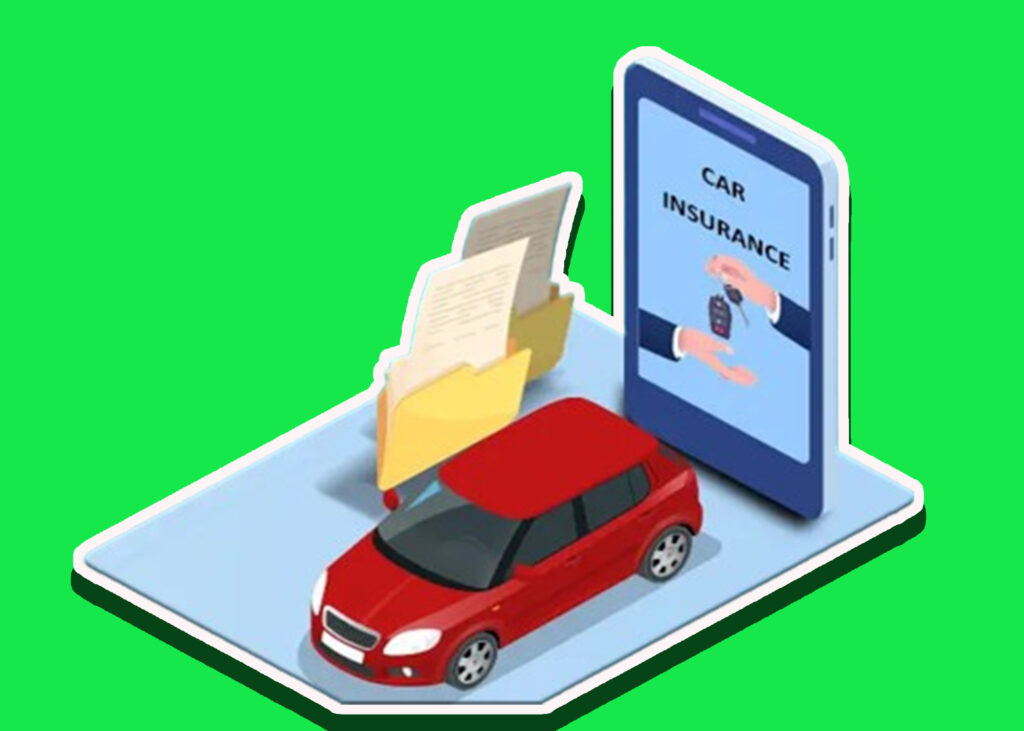Forty-eight out of 50 states in the U.S. require having car insurance, but why is car insurance mandatory? There are several reasons why car insurance is mandatory, especially when it ensures that other parties get their medical bills and property damages paid. This situation is beneficial in the event of an accident.

Going without car insurance coverage can result in fines, penalties, loss of driving privileges, and even jail time in some cases. While not all coverage options are required, certain types of optional coverage may be worth considering, as they can also help to protect you, your vehicle, and your passengers.
Why is Car Insurance Mandatory
Driving comes with many risks to you, your passengers, your vehicle, and all other people on the road. Anyone is capable of getting into a car accident, which is why drivers are responsible for carrying insurance if they cause an accident. That way, they can pay for the injuries or property damages to others and themselves if they’re liable.
Drivers should at least get a liability insurance policy to help protect themselves from costly bills. Minimum-liability insurance is required in almost every state, but for further protection, comprehensive coverage, collision coverage, and personal injury protection are coverage add-ons to consider.
Types of Car Insurance
You can choose from three different kinds of car insurance, which are detailed as follows:
Third-party
The minimum coverage you need is third-party car insurance. This covers you if you cause damage to another party’s property or injure them while driving. It covers your passengers as well.
Third-party, fire, and theft
In addition to the third-party cover described above, third-party fire and theft policies cover your car if it’s stolen or sustains damage caused by fire.
Collision insurance
Collision coverage takes care of repair costs for your vehicle after a car accident, regardless of who’s at fault.
Medical payment coverage (MedPay)
MedPay will cover the medical expenses of you and your passengers after a crash, but it won’t cover lost wages.
Personal injury protection (PIP)
PIP pays for medical expenses for yourself and your passengers, but will also cover lost wages and funeral costs.
Underinsured/uninsured motorist coverage (UIM/UM)
UIM/UM pays for your property damages and medical bills if you’re the victim of a hit-and-run. It will also cover you if you get into an accident with a driver who has little or no car insurance.
Comprehensive
Fully comprehensive coverage protects your car as well as that of third parties. So, if you have an accident and your car needs to be repaired or replaced, the comprehensive coverage will pay for this, even if it’s your fault.
A range of extras can be added to a fully comprehensive policy. Some of these may be included as standard, while others require you to pay more. This varies according to the insurer, so it’s worthwhile comparing the levels and features of coverage that different providers offer.
How Much Does Car Insurance Cost
How much car insurance costs will vary by state and other factors. However, the national average cost of car insurance is $2,014 per year for full coverage car insurance as of 2023, and the average cost of minimum coverage is $614 per year, according to Bankrate’s analysis of average rate data from Quadrant information services.
Personal factors
There are also personal factors that determine the cost of auto insurance. These factors can include:
- Age and gender (in most states)
- Credit score (in most states)
- Marital status
- Prior insurance
- How many miles do you drive?
- The make and model of your vehicle
- Your coverage choices and limits
Rates can vary widely by age, even with a clean driving record. Being a high-risk driver with a speeding ticket or DUI will also affect your car insurance rate. Choosing more coverage with higher limits can also cost more, but it will provide greater financial protection in the event of an accident, reducing your chances of paying out-of-pocket if you’re at fault.
What If I Don’t Have Insurance
Failing to have car insurance is an offense and can lead to serious consequences. You could face a fine and penalty points on your driving license. Ironically, this will also make your insurance more expensive in the future.
The worst-case scenario is that your case goes to court, which means you could face an unlimited, means-tested fine. Your driving license could also be revoked.
Final Thoughts
Car insurance is mandatory to legally drive your motor vehicle on public roads and to protect yourself and others from damages that occur in the event of an accident. Everyone is required to have the minimum amount of car insurance as dictated by state law, but it’s good to reach out to your insurance agent to see if you need additional coverage.

